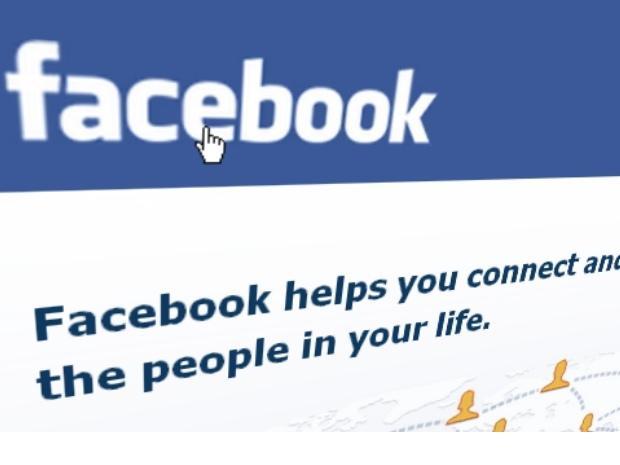Forget the 'Facebook phone', Facebook's mobile ambitions are way bigger than that

An invitation sent to reporters from Facebook to "come see our new home on Android" has put the spotlight on the social networking giant's mobile ambitions once again.

It's hardly Facebook's first foray into mobile - it won't even be the first 'Facebook phone' the world will have seen - with a number of handset manufacturers previously looking toward deeper Facebook integration in hope that they'll appeal more to potential purchasers.
Operators, too, have used Facebook as a way to drive data usage (and therefore profits) in the pre-pay market.
But when most people think of a Facebook and mobile, they think of a phone made by (or on behalf of) Facebook. Quite why this excites anyone is still beyond me - at best it makes things you do on Facebook a little easier, right? However, with a native app for virtually every platform you can shake a stick at, I'm still left wondering why it should be a big deal.
As it happens, as with many big tech industry events, there's little expected to be left for a big reveal on Thursday, so, to cut to the chase: assuming the leaks and rumours are on target then Thursday's event is likely to be the launch of an HTC handset codenamed the Myst which will show off deep integration with the world's most popular social networking service.
Putting aside the Facebook element for just a moment, the hardware (according to fansite Android Police) that we're likely to see unveiled at the event is expected to be a very middle-of-the-road HTC affair that includes a 1GHz processor, 4.3-inch 720p display and 1GB of RAM.
Looking at the specs of the HTC device expected to be unveiled on Thursday, this is not a range-topping 'hero' device, it's designed for the mass market — for the younger, price sensitive consumer. It's another pretty big clue that whatever's announced on Thursday, it won't be a Facebook phone — at least not in the sense that people seem to want.
What the real news will be is the launch of a Facebook app called Home. The real news is the software, not the hardware.
Home of the future?
Facebook Home, at least according to the hints from Android Police, wants to be your default home screen on your handset. If it's successful, Home could lead to an explosion in the use of Facebook's voice and video calling, as well as messaging features.
According to the limited information available so far, the Home app boots as soon as you switch on the phone, can control Wi-Fi and other system settings, and can disable the lock screen and can monitor currently running tasks. In short, Facebook is baked deep within the DNA of the functions and features on the device.
What Facebook is likely to want to do, rather than build its own phone, is get Home onto every single device possible.
For Facebook itself, getting into the hardware business doesn't make a lot of sense. Facebook isn't interested in the effort, complication and expense of creating a Facebook-branded phone. After all, why would Facebook tie itself to a single smartphone, or a single Android manufacturer, when it's far more efficient for the business to make a killer app that it can get (pre-) installed on virtually all the new devices that will come out?
A trend for promoting homegrown services and features is evident in only the largest manufacturers: think about the services Samsung shouted loudest about at its Note II and Galaxy S4 launch events, think about Apple removing Google Maps as the default service for iOS devices, all of this is to keep people within those companies own ecosystems, not promote another's.
However, for a manufacturer such as HTC, for example, it makes a lot more sense. It does provide its own UI (Sense) but with the inclusion of Facebook Home it can at least, for now, differentiate itself in a crowded marketplace with minimal effort or commitment.
One potentially interesting situation will be if Facebook starts offering features from Home (or any other of its features or services) on an exclusive basis to handset makers that agree to customise and pre-install the software on their platforms and devices.
Whether such a strategy is a success will be a good test of how strongly Facebook users feel about the social network, whether they see it as one app among many or central to their digital life.